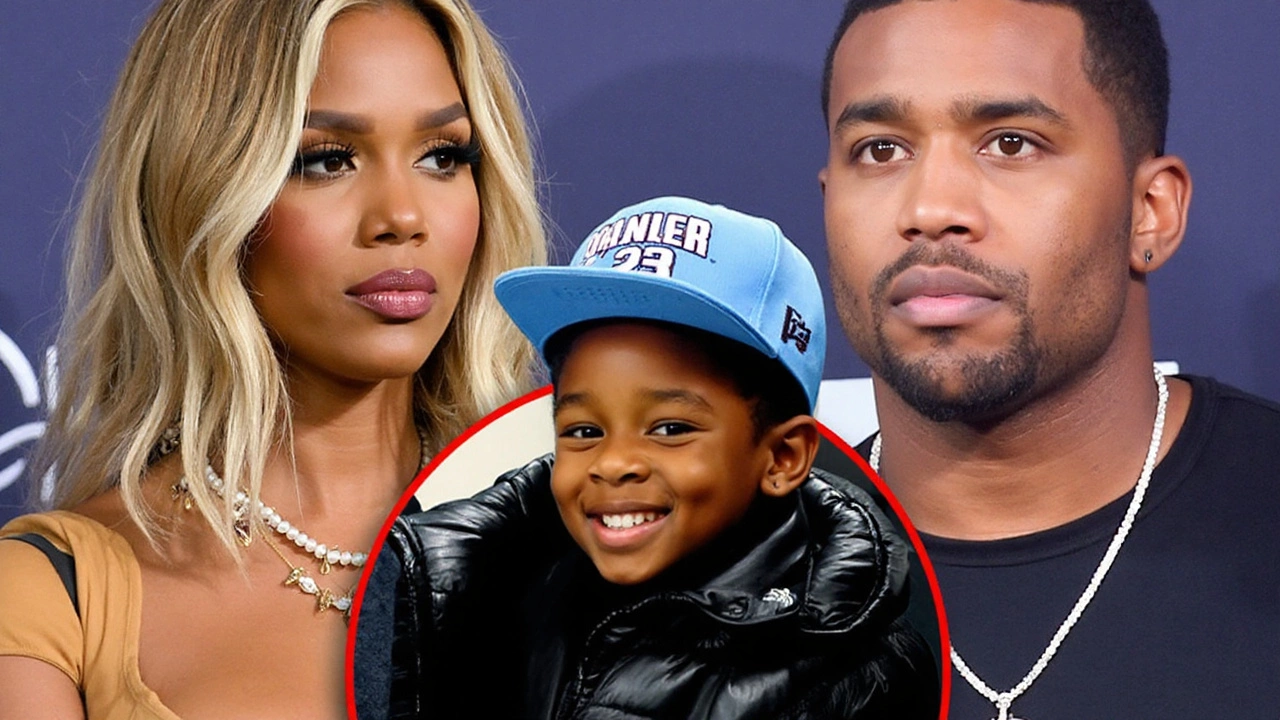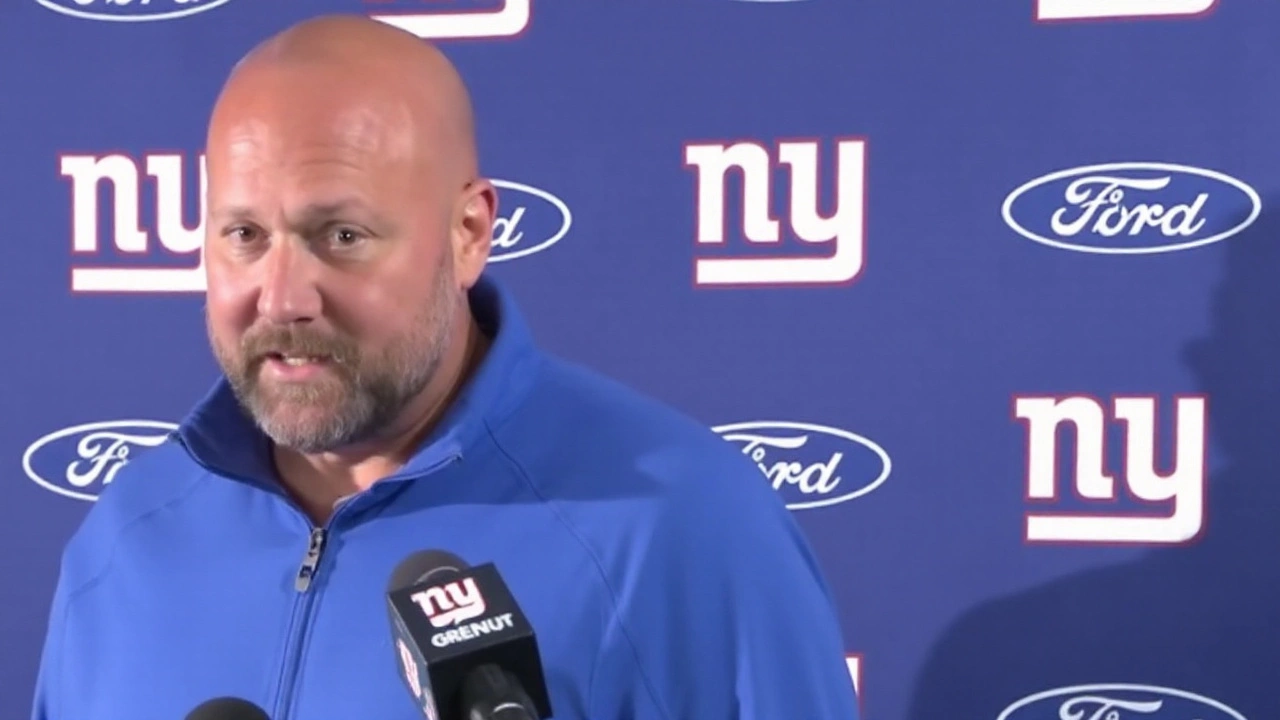Ciara Adds 'Wilson' to Son Future Zahir’s Legal Name, Clarifying Stepdad Role

- Sep, 8 2025
- 0 Komentar
- Wahyu Nugroho
A family photo from the U.S. Open did more than rack up likes—it cleared up a long-running mystery. When Russell Wilson captioned an image with his wife, their children, and the line “Mrs. @ciara Wilson Future Wilson & Sienna Wilson,” fans rushed to ask if he had adopted Ciara’s eldest son. The answer, according to people with direct knowledge of the situation: no adoption, but a legal name change that actually happened years ago.
Ciara—who has full custody of her oldest child—legally added “Wilson” to 11-year-old Future Zahir’s name, confirming Russell’s role as a stepfather in their blended family. The boy’s complete legal name still includes “Wilburn,” the surname of his biological father, rapper Future (Nayvadius DeMun Wilburn). The change does not erase that connection; it adds another.
The move is both practical and symbolic. On paper, it aligns the child with the household he lives in most of the time. In daily life, it reflects what has been visible for years: Russell’s steady presence—school events, games, and family milestones. The legal update remained largely under the radar until that U.S. Open caption pushed it into public view.
This is not Ciara’s first attempt to reshape her son’s name. In 2019, she filed a petition to change it to “Russell Wilson Jr.” The court declined. Name-change requests for minors are a high bar when they meaningfully alter the child’s identity or suggest replacing a parent. The latest change—adding “Wilson” while keeping “Wilburn”—lands in a different legal and emotional lane.
How a child’s name can change without an adoption
In many states, a parent with legal custody can petition to change a minor’s name if a judge agrees it serves the child’s best interests. That’s separate from adoption, which changes legal parentage. Here, there was no adoption. The biological father remains the biological father, with his rights and responsibilities unchanged.
- What it does: Adds “Wilson” to the boy’s legal name, acknowledging Russell’s role in the household and easing practical issues like school, medical forms, and travel documents.
- What it does not do: It does not terminate or replace the biological father’s legal status. “Wilburn” remains part of the child’s full name.
- Why courts allow it: Judges consider stability, the child’s well-being, and how the name functions in daily life. A blended-family surname can reduce confusion while honoring both sides.
The distinction matters because online chatter often treats a name update as code for adoption. They’re different processes. Adoption changes who is a legal parent. A name change adjusts identification but keeps legal parentage intact.
The timing also explains the quiet roll-out. Once a court approves a minor’s name change, families handle the slow work—updating school records, medical charts, and passports. There’s no big reveal; it’s more like a series of form updates, and in celebrity families, a conscious effort to keep things low-key.

A blended family in the spotlight
Ciara and Russell Wilson married in 2016 and now share three children together: daughter Sienna (born 2017), son Win (2020), and daughter Amora (2023). The couple looked relaxed and unified at the U.S. Open, a rare public moment that featured all the kids together. The caption’s wording sparked speculation, but the legal status aligns with what people close to the family have seen for years: Russell as a consistent stepdad, present in the rhythms of everyday life.
Future, the boy’s biological father, has not commented on the current name news. Public conversations about co-parenting between him and Ciara have had tense moments in the past, but both sides have also chosen silence at times, especially around sensitive decisions affecting their child. That restraint—whatever the reason—seems to apply again here.
Blended-family naming has become more common as parents try to balance identity, stability, and practicality. Hyphenated last names, added surnames, and middle-name adjustments are tools families use to reflect the reality of who is present and who cares for the child every day, without severing ties to a biological parent.
This is also a window into how celebrity families navigate private legal changes under public pressure. A single caption prompted adoption rumors; the facts point to a narrower, more careful legal step. The boy remains a Wilburn. He is also a Wilson. And that dual identity is by design.
For families outside the spotlight, the process looks similar. Courts typically check whether the petitioning parent has legal custody, whether the request could cause confusion or harm, and how the child is known in their community. Judges also weigh the child’s age and preference when appropriate. If approved, the aftermath is tedious but straightforward: birth certificate amendments, Social Security records, school rosters, doctor files, and sports enrollments all get updated in turn.
The 2019 denial offers a useful contrast. Renaming the child “Russell Wilson Jr.” suggested a wholesale rebranding, which courts often see as too disruptive without broad agreement. Adding “Wilson” while keeping “Wilburn” sends a different message: the family is blended, not replaced.
And that was the point of the U.S. Open caption, intentional or not. It read like how the parents describe their family at home. The law now reflects that—quietly, cleanly, and without changing who the child’s parents are under the law.